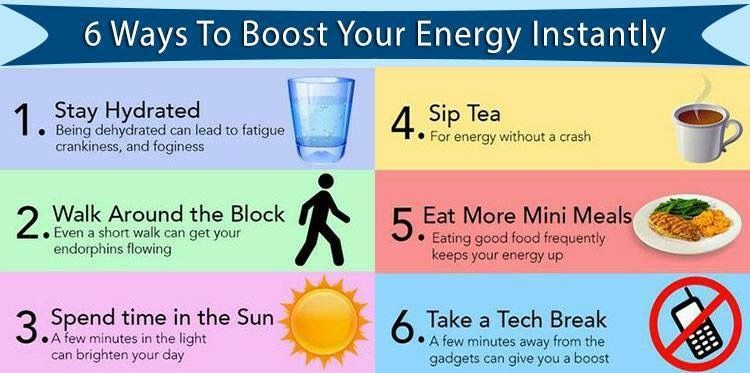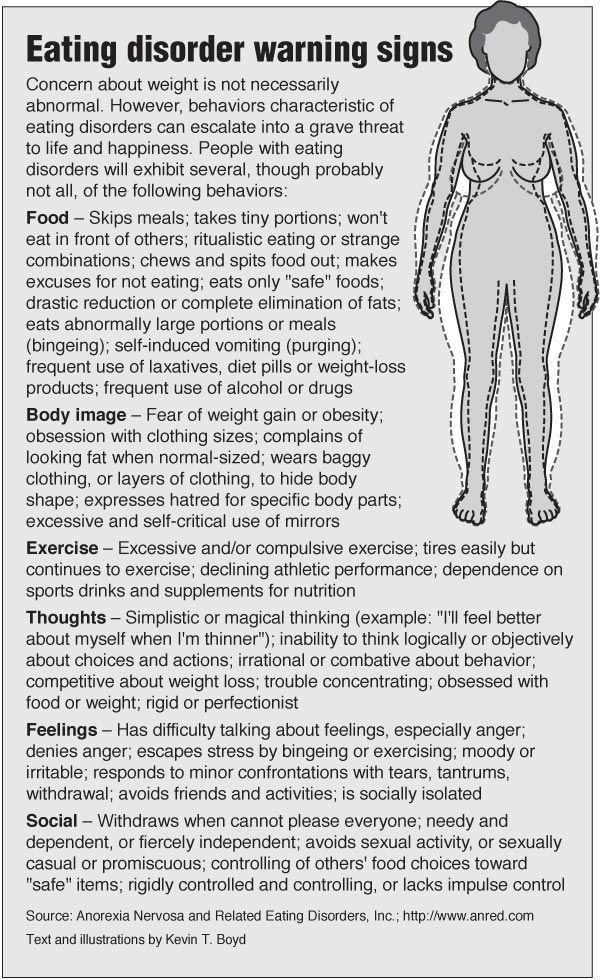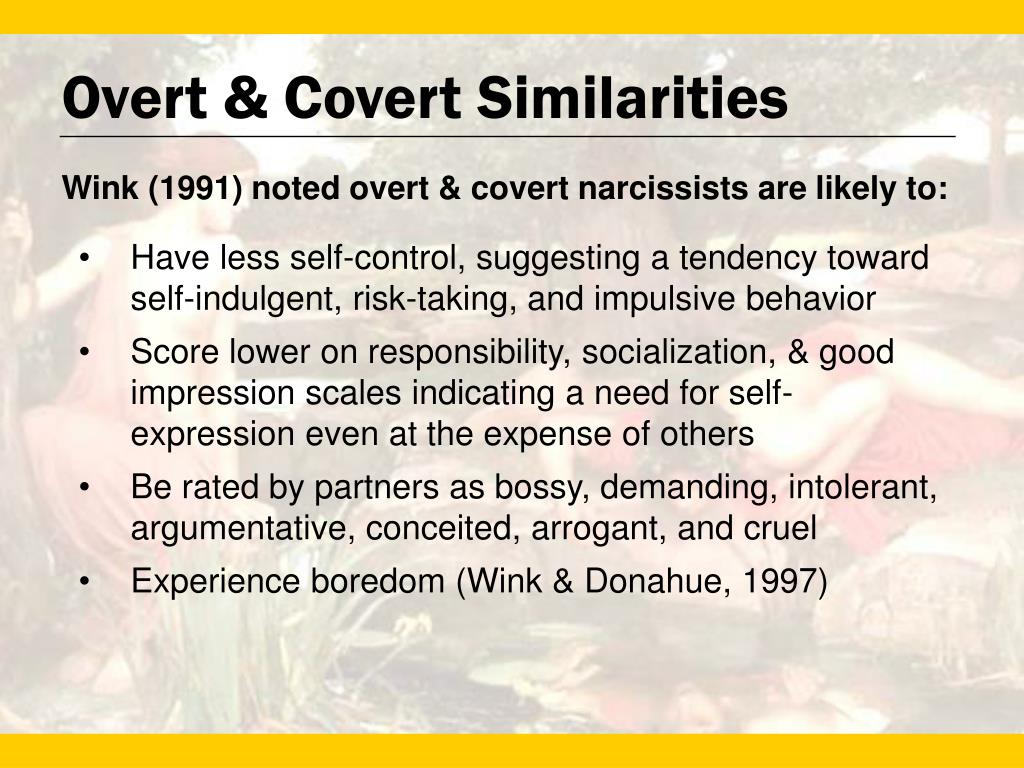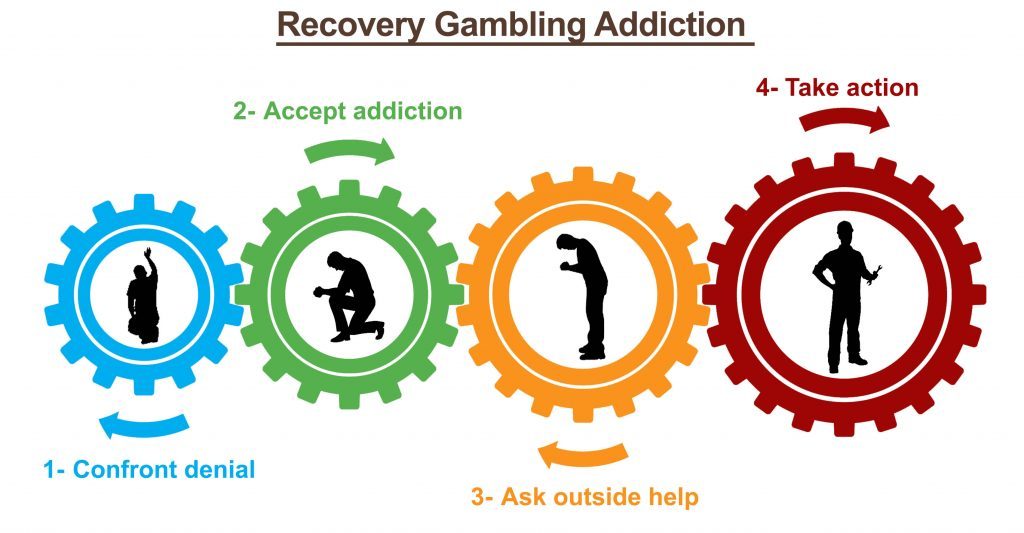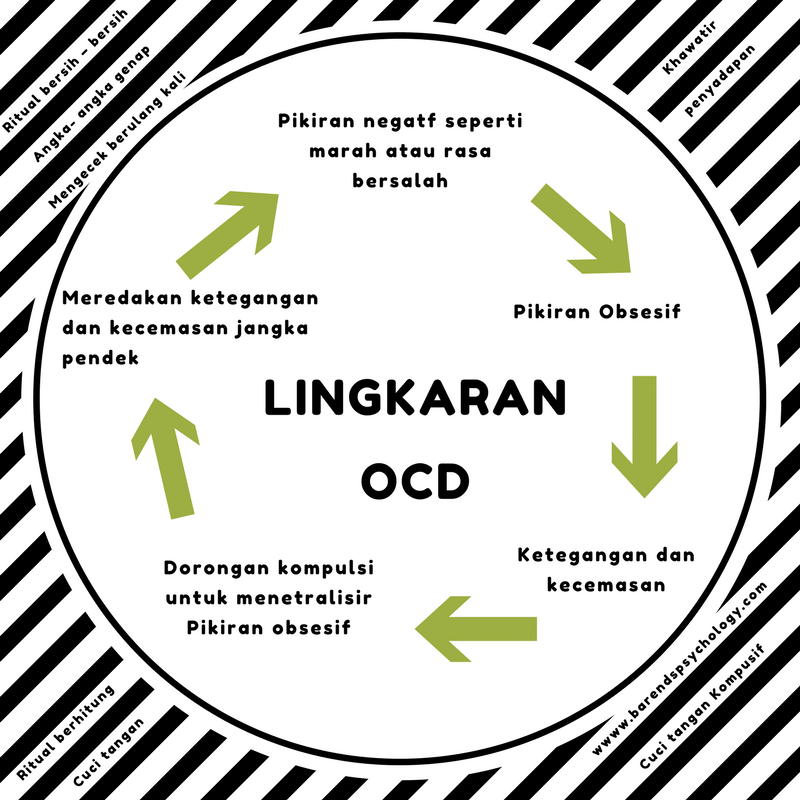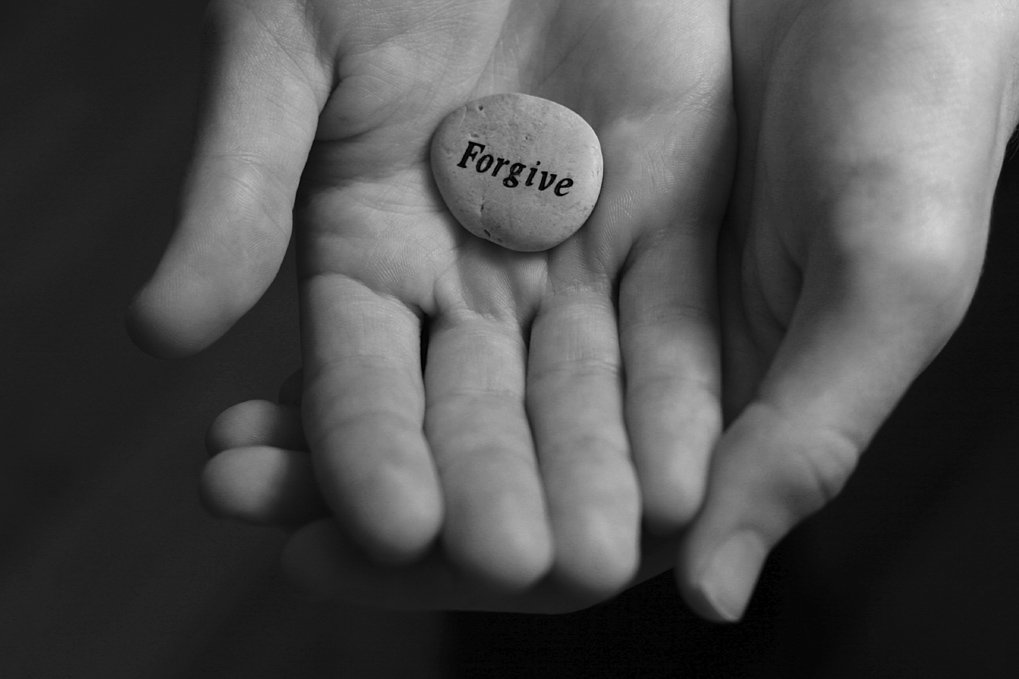How to get your energy up
9 tips to boost your energy — naturally
Go to the store, and you'll see a multitude of vitamins, herbs, and other supplements touted as energy boosters. Some are even added to soft drinks and other foods. But there's little or no scientific evidence that energy boosters like ginseng, guarana, and chromium picolinate actually work. Thankfully, there are things you can do to enhance your own natural energy levels. Here are nine tips:
1. Control stress
Stress-induced emotions consume huge amounts of energy. Talking with a friend or relative, joining a support group, or seeing a psychotherapist can all help diffuse stress. Relaxation therapies like meditation, self-hypnosis, yoga, and tai chi are also effective tools for reducing stress.
2. Lighten your load
One of the main reasons for fatigue is overwork. Overwork can include professional, family, and social obligations. Try to streamline your list of "must-do" activities. Set your priorities in terms of the most important tasks. Pare down those that are less important. Consider asking for extra help at work, if necessary.
3. Exercise
Exercise almost guarantees that you'll sleep more soundly. It also gives your cells more energy to burn and circulates oxygen. And exercising can lead to higher brain dopamine levels, which helps elevate mood. When walking, pick up the pace periodically to get extra health benefits.
4. Avoid smoking
You know smoking threatens your health. But you may not know that smoking actually siphons off your energy by causing insomnia. The nicotine in tobacco is a stimulant, so it speeds the heart rate, raises blood pressure, and stimulates brain-wave activity associated with wakefulness, making it harder to fall asleep. And once you do fall asleep, its addictive power can kick in and awaken you with cravings.
5. Restrict your sleep
If you think you may be sleep-deprived, try getting less sleep.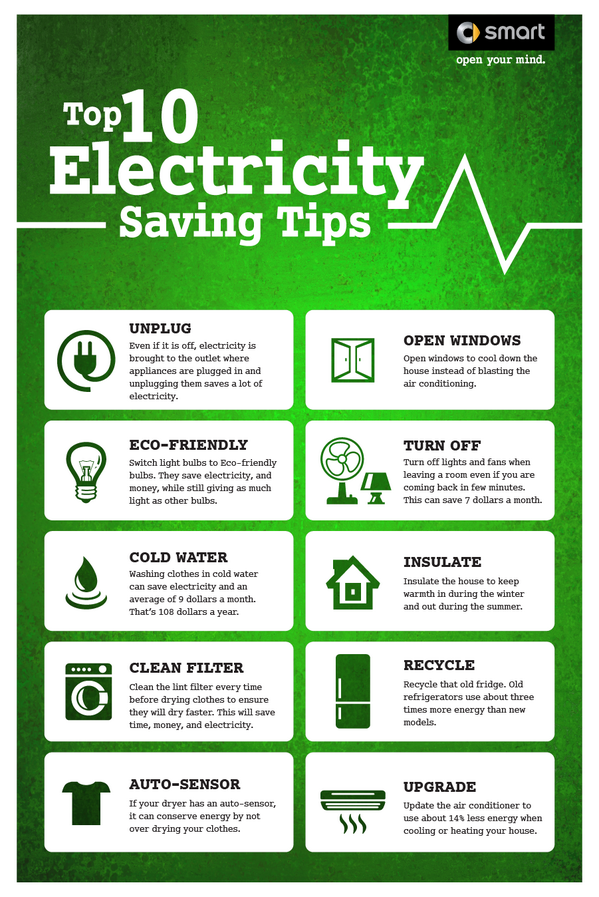 This advice may sound odd but determining how much sleep you actually need can reduce the time you spend in bed not sleeping. This process makes it easier to fall asleep and promotes more restful sleep in the long run. Here's how to do it:
This advice may sound odd but determining how much sleep you actually need can reduce the time you spend in bed not sleeping. This process makes it easier to fall asleep and promotes more restful sleep in the long run. Here's how to do it:
- Avoid napping during the day.
- The first night, go to bed later than normal and get just four hours of sleep.
- If you feel that you slept well during that four-hour period, add another 15–30 minutes of sleep the next night.
- As long as you're sleeping soundly the entire time you're in bed, slowly keep adding sleep on successive nights.
6. Eat for energy
Eating foods with a low glycemic index — whose sugars are absorbed slowly — may help you avoid the lag in energy that typically occurs after eating quickly absorbed sugars or refined starches. Foods with a low glycemic index include whole grains, high-fiber vegetables, nuts, and healthy oils such as olive oil. In general, high-carbohydrate foods have the highest glycemic indexes.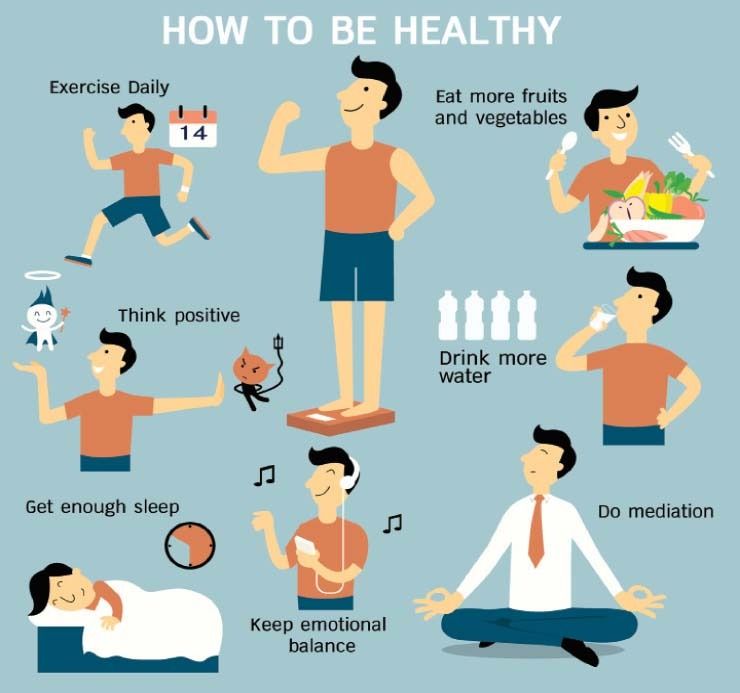 Proteins and fats have glycemic indexes that are close to zero.
Proteins and fats have glycemic indexes that are close to zero.
7. Use caffeine to your advantage
Caffeine does help increase alertness, so having a cup of coffee can help sharpen your mind. But to get the energizing effects of caffeine, you have to use it judiciously. It can cause insomnia, especially when consumed in large amounts or after 2 p.m.
8. Limit alcohol
One of the best hedges against the midafternoon slump is to avoid drinking alcohol at lunch. The sedative effect of alcohol is especially strong at midday. Similarly, avoid a five o'clock cocktail if you want to have energy in the evening. If you're going to drink, do so in moderation at a time when you don't mind having your energy wind down.
9. Drink water
What's the only nutrient that has been shown to enhance performance for all but the most demanding endurance activities? It's not some pricey sports drink. It's water. If your body is short of fluids, one of the first signs is a feeling of fatigue.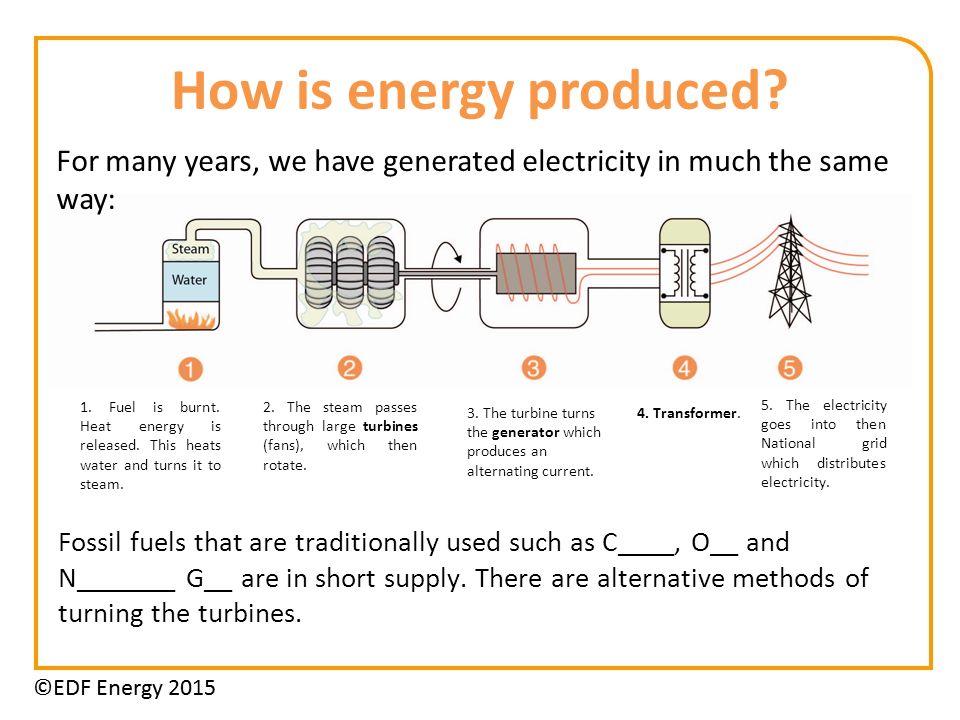
For more information on the many things you can do to increase your natural energy, order our Special Health Report, Boosting Your Energy.
Image: ©Gilaxia | GettyImages
10 Ways to Boost Your Energy in 10 Minutes
Written by WebMD Editorial Contributors
Are your eyelids sagging as the afternoon wears on? When low energy drags you down, don't look to a candy bar, cup of coffee, or energy drink for a lift. The sugar and caffeine might give you an immediate pick-me-up, but after that quick high wears off, you'll crash and feel even more drained
What you need: a lasting solution to keep sluggishness at bay. Here are 10 fatigue fighters that can leave you feeling refreshed and revitalized.
1. Eat your breakfast. People who eat breakfast every morning report less fatigue and stress than people who skip it. High-fiber foods, like hot oatmeal, stick with you longer than a sweet roll or pastry. As the day wears on, they'll prevent you from getting hungry (hunger can lead to low energy).
2. Do a downward dog. Some studies have found that yoga, which uses various postures and deep breathing for exercise and meditation, can be an excellent fatigue fighter.
3. Belt out your favorite tune. Singing gives you a kind of emotional high while it reduces levels of stress hormones in your body. So grab a hairbrush, put on your favorite song, and sing away. If you're at work and don't want to face your co-workers' puzzled stares, you might want to save your vocal stylings for the car.
4. Have a drink of water. Dehydration can leave you feeling drained and fatigued. You don't necessarily have to follow the "eight glasses a day" rule, but you do want to drink enough water to keep your body well hydrated. You can tell you're well hydrated when you don't feel thirsty and your urine is light-colored. Try to get to the fridge or water cooler for a refill every few hours. The walk there will also help you wake up.
5. Go nuts. Eat a handful of almonds or peanuts, which are high in magnesium and folate (folic acid).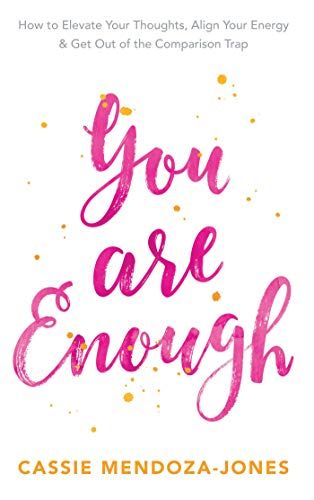 These nutrients are essential for energy and cell production. A lack of these nutrients in your system can leave you feeling weary.
These nutrients are essential for energy and cell production. A lack of these nutrients in your system can leave you feeling weary.
6. Grab a cinnamon stick. Some people say that just a whiff of this scented spice can reduce fatigue and make them feel more alert. No cinnamon handy? Grab a mint from your bag. Peppermint's sweet aroma is another fatigue fighter for some people. More research is needed to see if and how these aromas actually affect a person's energy level.
7. Get moving. Exercise is a natural energy booster, because whenever you do it, oxygen-rich blood surges through your body to your heart, muscles, and brain. Regularly squeezing a workout into your day -- even if you can spare only 10 minutes at a time -- will help keep your energy levels at their peak. Move around every chance you get, even if it's just to pace in circles while you're on the phone.
8. Let the sunshine in. Research suggests that just a few minutes of walking outside on a warm, clear day may enhance mood, memory, and the ability to absorb new information.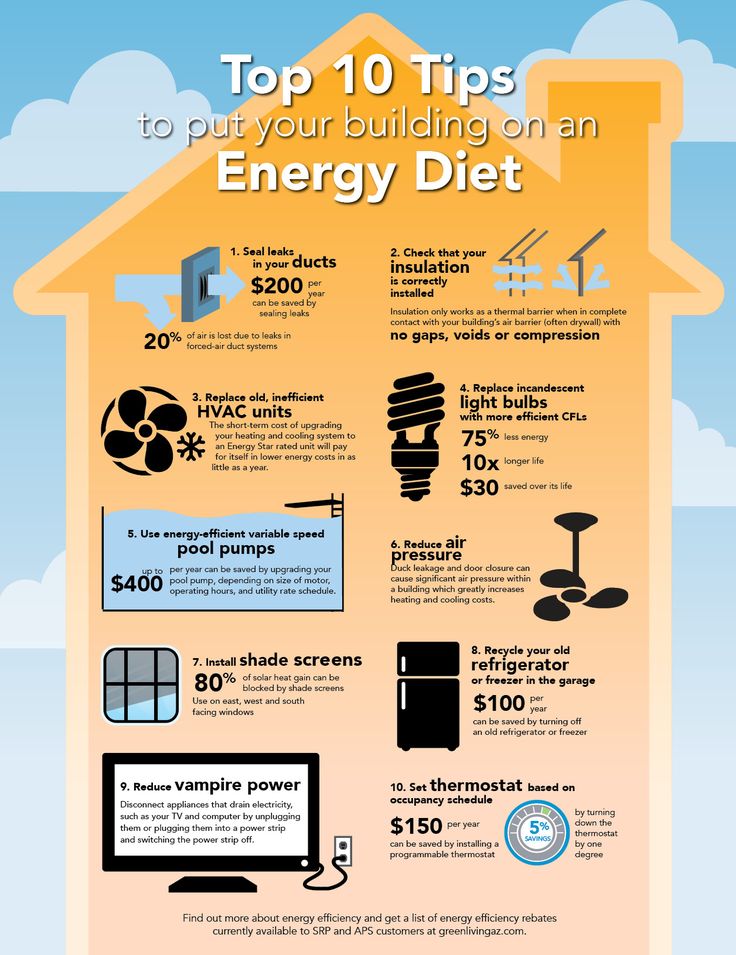 Going outside can even improve your self-esteem. If you absolutely can't get out, at least open the shades.
Going outside can even improve your self-esteem. If you absolutely can't get out, at least open the shades.
9. Have a bite. Your brain needs fuel to function at its best. When your blood sugar level drops, your mind will start running on fumes and will feel fuzzy as a result. So if your head is starting to droop, eat a snack that will give you enough energy to take you through the rest of the afternoon. Snacks that combine protein with slow-burning carbs -- like banana slices with peanut butter, or granola with fresh berries -- are best for maintaining your blood sugar levels over the long term.
10. Hang out with upbeat friends. Emotions are surprisingly contagious. People who are constantly negative and down can sap your energy, while those who are always up and excited can give you a real lift.
Health & Balance Guide
- A Balanced Life
- Take It Easy
- CAM Treatments
7 ways to increase energy | PSYCHOLOGIES
73,004
Know YourselfPractices how to
1.
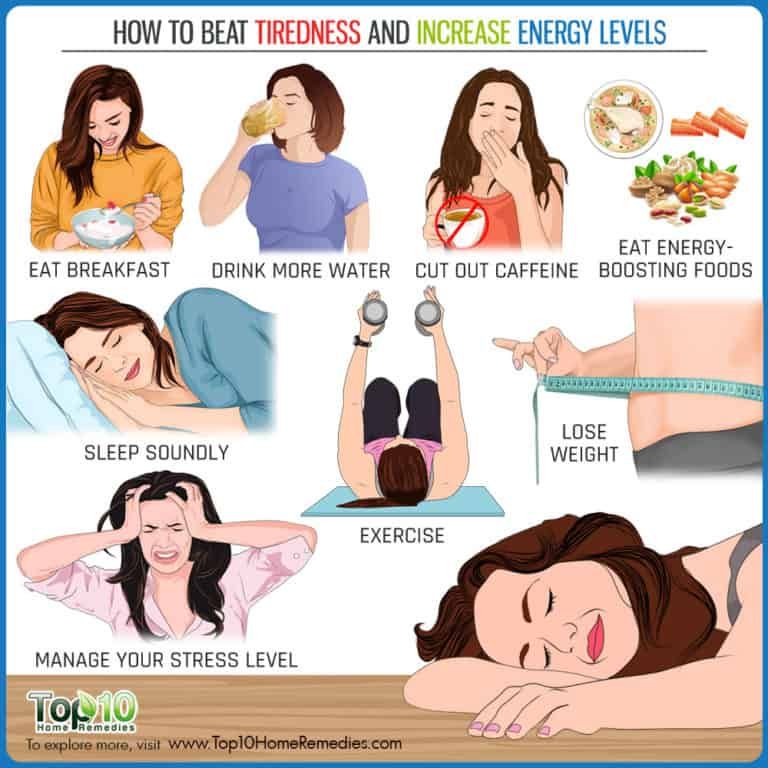 Chew food more thoroughly
Chew food more thoroughly The way we desire it affects the process of digestion. By chewing each bite, we make it easier for the body to absorb nutrients and convert them into energy. Digestion requires a lot of energy, and if we swallow food, the body will have to spend all its energy reserves on digestion. “How many times to chew a piece? There is no definite answer, usually at least 25-40 times are recommended. This helps to normalize appetite,” says nutritionist Edwina Clark.
2. Drink less coffee
The caffeine in the refreshing drink blocks the brain's receptors for adenosine, a neurotransmitter that makes you feel tired.
"Although caffeine blocks the action of adenosine, the substance itself continues to be produced," says Niket Sonpal, assistant professor at the Touro College of Osteopathic Medicine in New York. As soon as the effect of caffeine wears off, all the accumulated adenosine begins to act, so you feel a sharp decline in energy. Here, of course, you want to sip coffee again, but you find yourself in a vicious circle and deprive yourself of energy.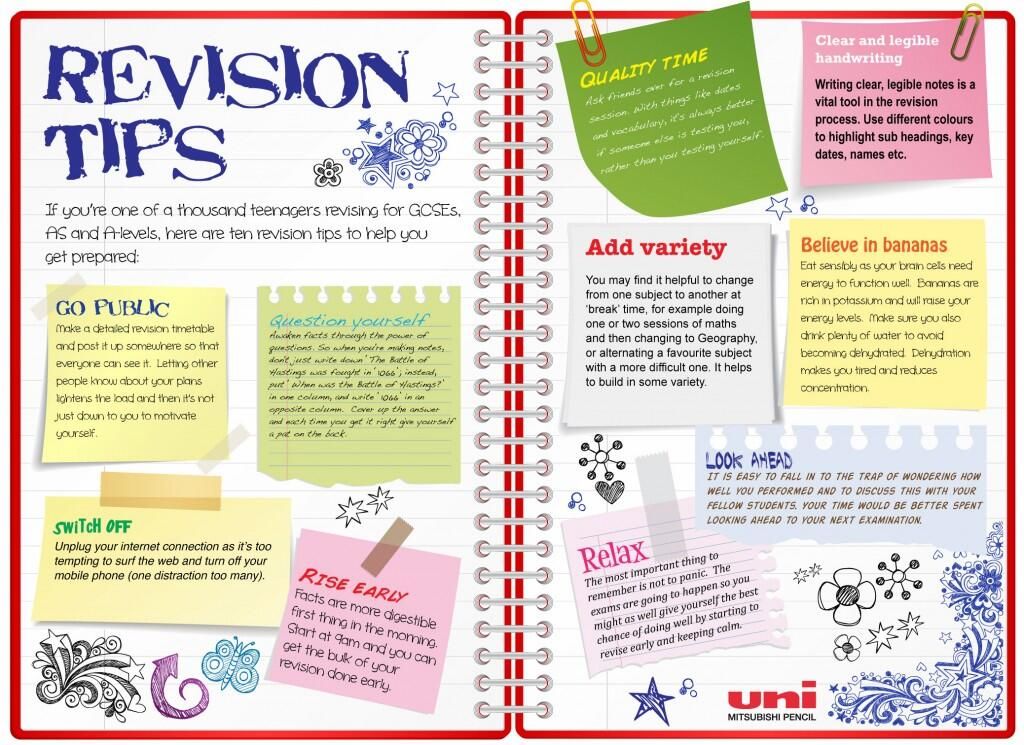
Knowing it's time to stop drinking coffee can be scary
To get out of the trap, try drinking less strong coffee and taking a break before the next cup (and abstain from it after the first half of the day so that you don't have trouble sleeping). This way you can reduce your caffeine intake and prevent a sudden drop in energy without suffering from a shortage of coffee. “Knowing it’s time to cut your coffee addiction can be scary, but in the long run, it will help you feel more energized,” Sonpal says.
3. Take 250 extra steps
Movement improves blood circulation, so the body can use less energy to maintain life. “By taking 250 extra steps a day, you will accustom yourself, muscles and the body’s energy system to constant movement, and become more resilient,” says sports physiologist Menachem Brody.
As your cardiorespiratory endurance (the amount of exercise you can handle without getting tired) improves, the daily activities will become easier and easier.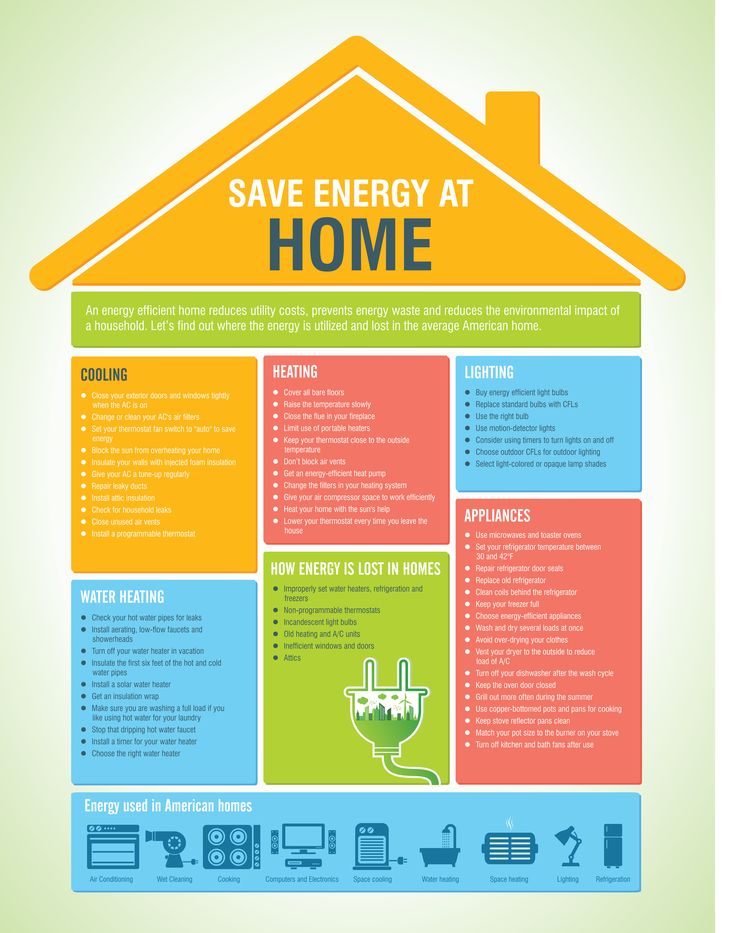 Walk around the room while on the phone, walk around the office, use stairs instead of elevators.
Walk around the room while on the phone, walk around the office, use stairs instead of elevators.
4. Practice deep breathing
Cells need oxygen to get energy. If breathing is weak, the body begins to experience weakness. As Sonpal explains, shallow breathing is another of the unpleasant effects of stress. When we don’t breathe often enough and deep enough, we send a signal to the nervous system that further exacerbates anxiety. By accustoming ourselves to the correct rhythm of breathing (you can train while commuting to work and home, standing in line and even sitting in the toilet), we simultaneously reduce stress and energize cells.
Try this exercise: inhale through your nose to a count of three, exhale through your mouth to a count of three. Repeat several times.
The brain is wired to react to unpleasant events like Velcro.
“The more you practice deep breathing, the more natural it becomes, and over time you will start breathing deeply all the time,” says Connecticut psychologist Dori Gatter.
5. Add Fiber-Rich Foods to Your Diet
“Complex carbohydrates (rich in whole grains, vegetables, legumes, seeds) contain glucose, the main source of energy for the body and brain. Since they have fiber, they take longer to digest and provide energy for a long time, ”says Florida nutritionist Lisa Cooper. Another plus is that they improve sleep, which in turn increases alertness and energy. “A diet rich in fiber increases the length of so-called non-REM sleep, and such sleep helps you feel well rested the next morning,” says Vikas Jain, an Illinois sleep medicine specialist.
6. Make sure you're drinking enough fluids
"When you're dehydrated, your blood pressure drops, your heart rate increases, and your brain's blood flow slows, leading to feelings of fatigue," Sonpal says. To make life easier for the body, try to always drink water. In the toilet, pay attention to the color of urine - it should be pale, straw-colored, but if it is darker, you obviously need to go to the cooler more often.
7. Write down three joyful events that happened on day
“The brain is so arranged that it reacts to unpleasant events like Velcro, and to pleasant ones like Teflon (to which nothing sticks). It so happened in the course of evolution, for us to survive, it was important to remember what causes pain and discomfort, and the memory of joyful events was not so important, ”says Elizabeth Cohen, a clinical psychologist from New York.
These days, when you constantly worry about trouble and worry about possible future problems, this signals the body to release more stress hormones. Since he is not designed for this, exhaustion appears.
In the evening, remind yourself to think about the good, write down three pleasant events that happened during the day, or list something for which you are grateful. The exercise will help tune your brain so that it pays as much attention to the positive aspects of life as the negative ones, reducing the production of stress hormones and saving strength.
Text: Nikolai Protsenko Photo credit: Getty Images
New on the site0003
“I reach out to rich men, but for them I’m just a sex object”
Scientists have revealed the secret of the popularity of teddy bears
A visit to a sexologist: what you need to know - 6 main questions gynecologist
How a midlife crisis manifests itself in women: 4 scenarios and ways to change them
Is it possible to survive without love: scientists and psychologists explain
“I live in fantasies: I lock myself in a room every day and come up with unrealistic stories. What happened with me?"
5 Proven Ways to Increase Energy and Performance
December 15, 2022 Productivity
You will be able to improve your concentration, feel more alert and get more done.
Iya Zorina
Author of Lifehacker, athlete, CCM
What to try
1. Breathing techniques
For any work, and especially for mental work, you need concentration. If you can’t concentrate, you feel restless and overwhelmed, take a break for diaphragmatic breathing.
If you can’t concentrate, you feel restless and overwhelmed, take a break for diaphragmatic breathing.
With this type of breathing, the diaphragm contracts, the abdomen expands, and inhalation and exhalation become deeper.
Diaphragmatic breathing calms the nervous system by reducing levels of the stress hormone cortisol, increases energy and self-confidence, and helps fight inflammation.
How to breathe correctly:
- Sit in a comfortable position, straighten your back, close your eyes. You can lie on your back, gently bend your knees to take the pressure off your lower back.
- Take a deep breath, filling not only the chest but also the stomach with air. To feel this, put your palm on it: if it rises as you inhale, you are breathing correctly.
- Exhale completely so that the stomach is drawn in. Don't pull it in on purpose.
- Set a timer and breathe this way for 5 to 15 minutes.
- While breathing, do not allow extraneous thoughts, focus on the process.
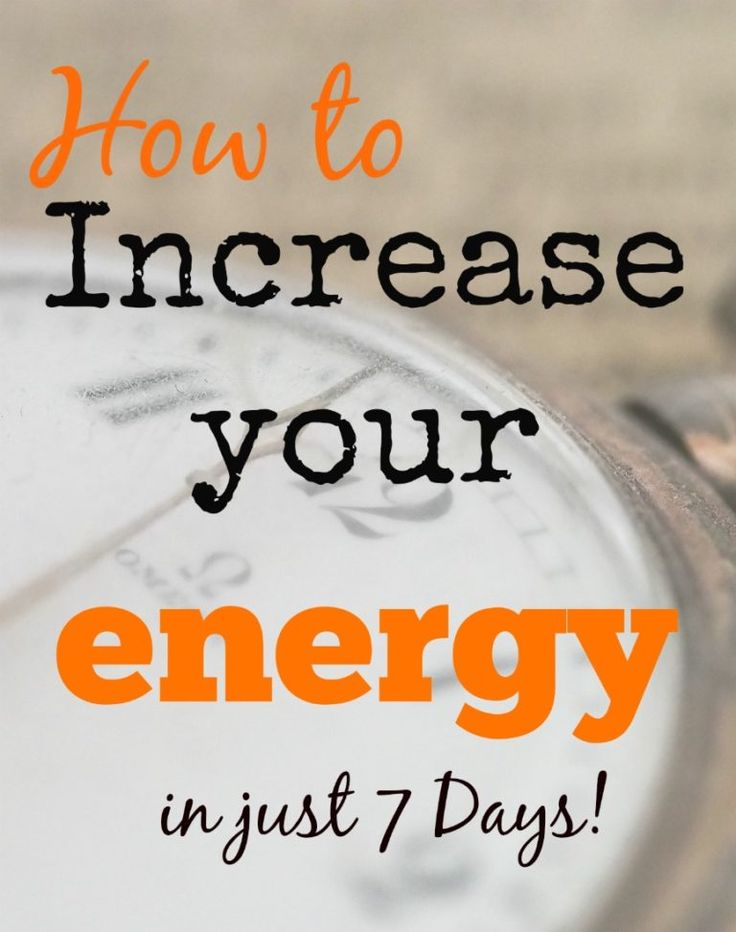
This is the basic diaphragmatic breathing that is used in almost all breathing practices. You can try different options:
- Delayed. Inhale for 4 seconds, hold your breath for 7 seconds and exhale for 8 seconds.
- Through different nostrils. Close the right nostril with the thumb and inhale deeply through the left, then close the left nostril with the finger and exhale through the right. After several breathing cycles, repeat the same thing in a different order: inhale through the right and exhale through the left.
- With expiratory extension. Always inhale for two counts, and lengthen the exhalation by one count each time: inhale by 2 - exhale by 2, inhale by 2 - exhale by 3, inhale by 2 - exhale by 4, inhale by 2 - exhale by 5. Then start over, do 2-3 cycles.
Try all the techniques and find out what works best for you. The main thing here is to concentrate on breathing, inhale and exhale deeply, using the stomach.
2. Adaptogenic herbs
Adaptogenic herbs contain substances that do not change the functioning of systems and organs, but help the body to function normally in difficult conditions. It is believed that these plants work as a molecular stress vaccine. They cause a little stress in the body, as a result of which the nervous system learns to better resist stress factors.
Here are a few proven herbs:
- Rhodiola rosea - increases energy and concentration, fights fatigue and burnout. Increases attention, speed and accuracy when working in stressful conditions.
- Eleutherococcus senticosus - reduces mental and physical fatigue, helps fight stress, improves concentration and memory.
- Schisandra chinensis - fights mental fatigue, weakness, increases the time of energetic work.
- Common ginseng - relieves fatigue, improves cognitive abilities - thinking and learning.
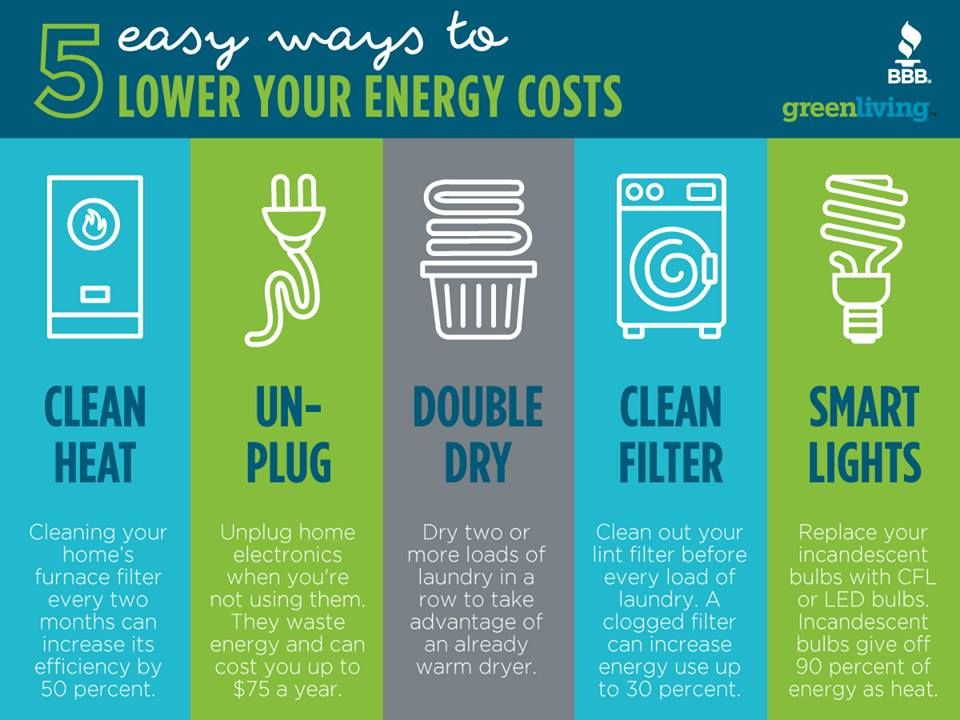
- Ashwagandha (Indian ginseng) - relieves stress, has a positive effect on the central nervous system, improves immunity.
- Basil - relieves stress and fatigue, improves memory, normalizes sleep.
You can use these herbs in tinctures or tablets as directed. Basil can be added to food as a spice or eaten fresh.
3. Facial massage
Sometimes, in an attempt to relax, you automatically rub your forehead or massage your temples. Such a reaction is not accidental. Facial massage helps relieve tension and anxiety, improve mood and get rid of fatigue. Moreover, it has not only a calming effect, but also a refreshing and stimulating effect.
You can have a facial massage even at the workplace, and you don't need a specialist for this. Just follow our guide.
4.
 Foods rich in iron
Foods rich in iron This advice is not suitable for everyone, but only for people with iron deficiency. But based on the fact that 30% of the entire population of the Earth suffers from this disorder, it will be useful to many people.
If you don't have enough iron in your diet, your body lacks hemoglobin, the iron-containing protein responsible for carrying oxygen. Symptoms of iron deficiency anemia include:
- fatigue;
- weakness;
- pale skin;
- chest pain, rapid heartbeat, shortness of breath;
- headaches or dizziness;
- cold extremities;
- brittle nails;
- inflammation of the tongue;
- restless leg syndrome.
Iron-deficiency anemia can develop with a variety of blood-losing disorders, as well as with a lack of iron-rich foods in the diet.
According to the norms of Rospotrebnadzor, an adult man should consume at least 8-10 mg of iron per day, and a woman - 15-20 mg.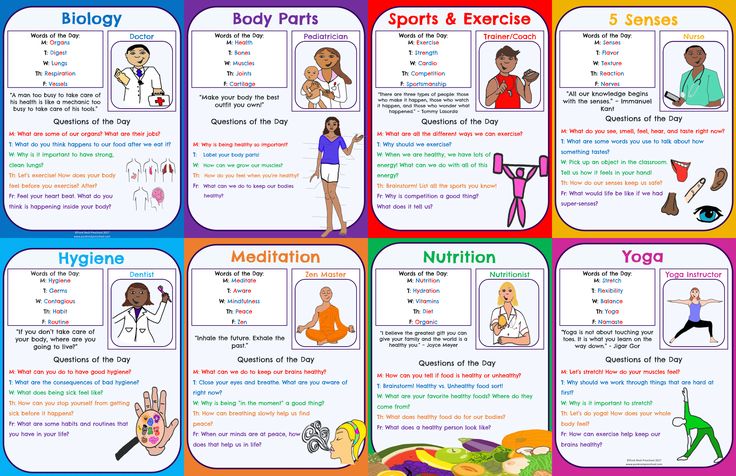
We mainly get iron from animal products: liver (9 mg per 100 g of product), turkey (4 mg per 100 g of product), chicken (3 mg per 100 g of product), beef (2.8 mg per 100 g of product), mackerel (2.3 mg per 100 g of product). In them, iron is in heme form and is well absorbed by the body.
Iron is also found in foods of plant origin, such as seaweed (16 mg per 100 g of product), buckwheat and rolled oats (7.8 mg per 100 g of product), peas (6.8 mg per 100 g of product), beans (5.9mg per 100 g of product), fresh mushrooms (5.2 mg per 100 g of product) peaches (4.1 mg per 100 g of product), pears, apples, plums, apricots (2.3-2.1 mg per 100 g of product product). However, in plant sources, it is in a non-heme form and is absorbed much worse. For example, the body can absorb only 2–3% of iron from beans, while 12–26% from the liver.
The content of phytates and polyphenols in legumes and grains, calcium, whey protein and casein in dairy products also interferes with the absorption of this trace element.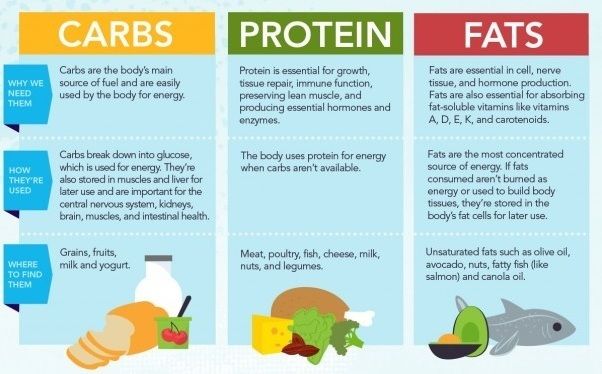
To compensate for iron deficiency, add more foods rich in iron and ascorbic acid to your diet. The latter eliminates the negative effect of phytates, polyphenols, calcium and milk protein on iron absorption. Therefore, even vegetarians may well cover the need for this trace element if they add more vitamin C to the diet (the norm for an adult is 50–70 mg per day).
5. Work for 90 minutes with a rest break
Human sleep is divided into 90 minute cycles. During this time, we have time to reach deep sleep, and then get into the recovery REM phase, during which dreams occur. The wavelike nature of sleep is explained by the change in brain waves - the electrical frequencies at which our brain works.
Scientists have noticed that there are cyclical 90-minute changes in activity during wakefulness. Florida State University professor Anders Eriksson and colleagues have studied the activities of elite athletes, musicians, actors, and chess players. It turned out that the sessions of the best specialists lasted no more than 1.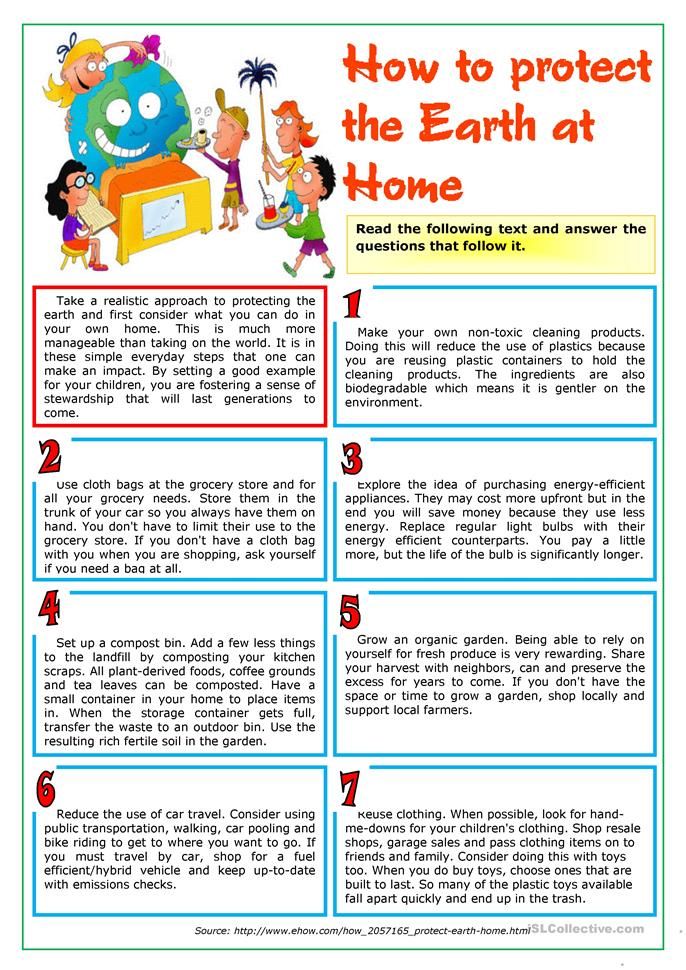 5 hours. They started in the morning, had three 90-minute sessions with breaks in between and rarely worked more than 4.5 hours a day. For the best results in any activity, Ericsson advises avoiding a longer practice so that you can fully recover from it the next day.
5 hours. They started in the morning, had three 90-minute sessions with breaks in between and rarely worked more than 4.5 hours a day. For the best results in any activity, Ericsson advises avoiding a longer practice so that you can fully recover from it the next day.
The professor himself tried to apply this technique to write a book. Unlike the previous book, on which he worked 10 hours a day, for the new book, Ericsson allocated three 90-minute segments in the morning. Despite the fact that the book took much less time per day, he finished writing it in half the time than the last one.
If you don't have a free schedule and can't afford to work only 4.5 hours, try splitting your work into 90-minute intervals with 10-20 minutes of rest in between.
How to fit it all into your workday
Here's a specific plan of action:
- Assess if you have enough iron-rich foods in your diet. The consumption rate of this trace element for men is 8-10 mg per day, for women - 15-20 mg per day.
